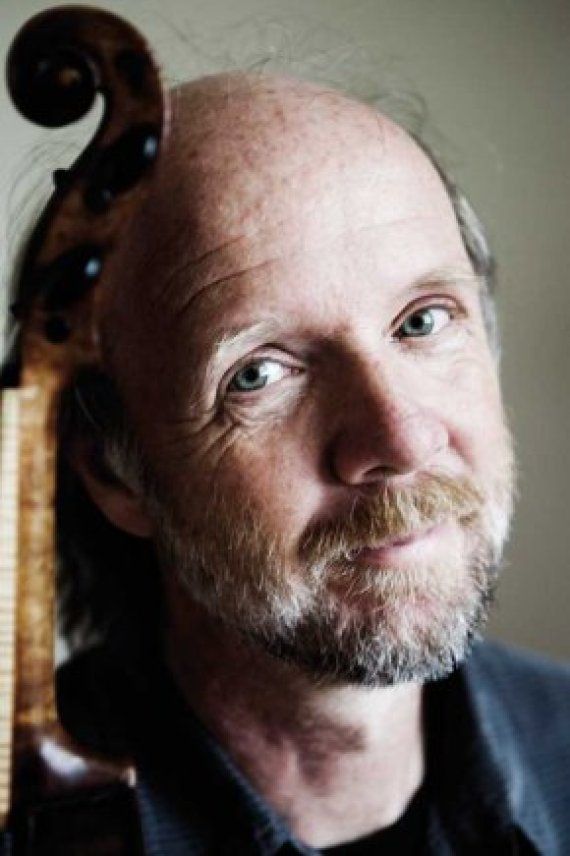Meanwhile Scheffer is working on setting up a scientific institute in South America in which the arts and the sciences will go hand in hand. Science can learn a lot from the arts, says Scheffer.
Concerted Science? What is that?
‘Concerted Science is an existing show, but the content changes. It is a mix of pieces of music and snippets expressing scientific questions and ideas. We have put together a short half-hour version especially for the Dies Natalis.’
There will be a similar emphasis on looking for links with the arts in SARAS (South American Institute for Resilience and Sustainability Studies), which you are setting up. Why?
‘Artists, just like scientists, seek to capture the essence of the world. Science is very good at investigating the parts and in solving sub-questions. Scientists are specialists but for some questions you need to look at the big picture. It is a matter of what questions you ask. Artists look at the world in a completely different way. We can learn ways of interpreting and communicating things from each other.’
SARAS wants to see a new generation of scientists who combine the strengths of the sciences and the arts. What do you mean by that?
‘I am interested in the way scientists think. Nobel prizewinner Kahnemann has written a book about it. He distinguishes between slow and fast thinking, or reason and intuition. All the great leaps in the sciences have come about through intuitive thinking. Our brains cannot do both at once. Intuition often gets going when you are distracted – when you are taking a shower, for instance. Or when you are making music. Artists are trained in intuitive thinking, in exploring. That side of things is neglected by scientists.’
So should first-years be given music courses?
‘No, in thinking. Thinking about thinking. Learning to think. The philosophy of science really is very important. By the way, I am not the only one with these sorts of ideas about the value of music. The Dutch royal academy of the sciences KNAW is in the process of adding music to its disciplines. I have recently become a member. This was on the agenda at the first meeting I went to. I applaud it wholeheartedly.’

